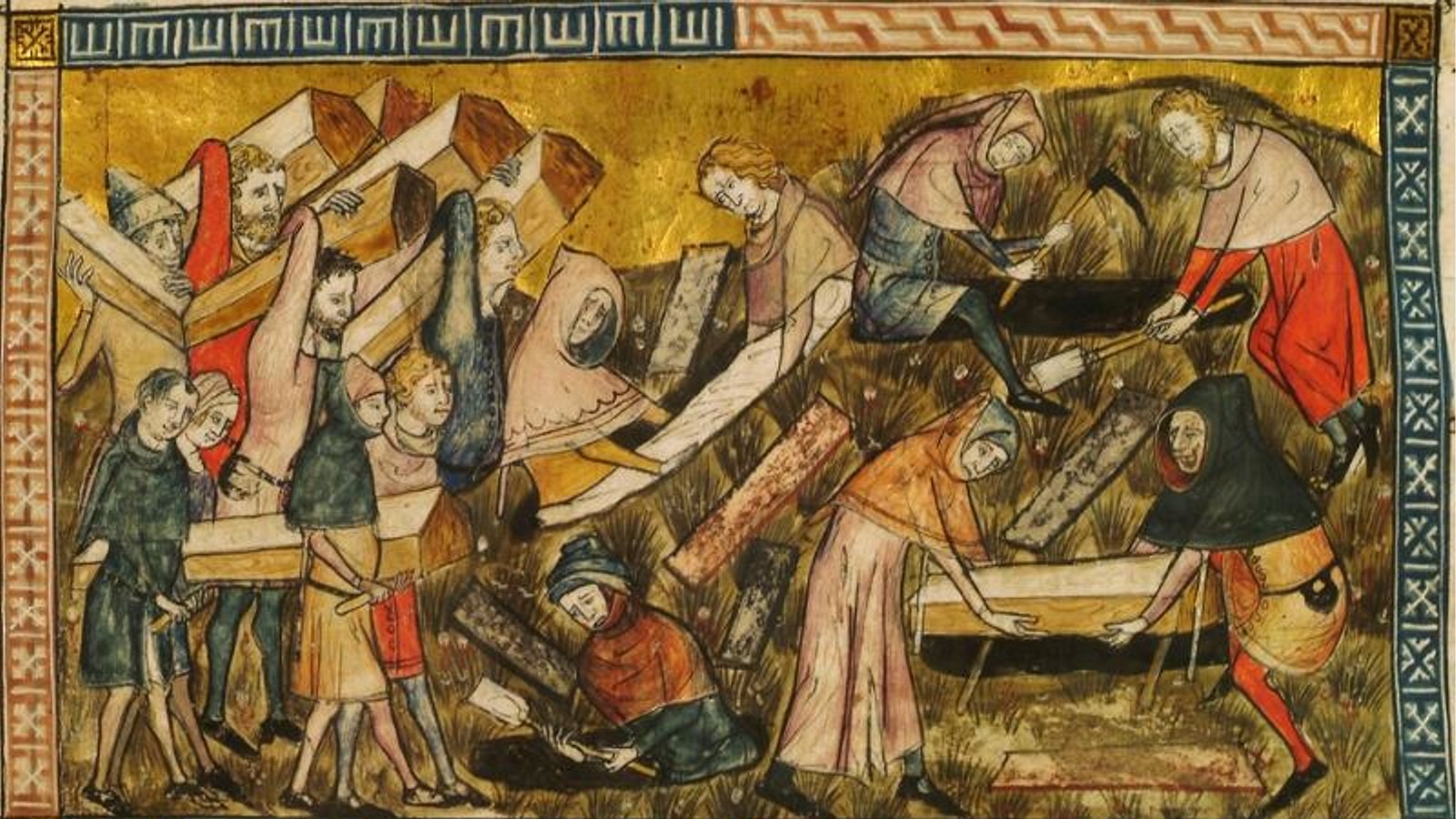
"The study focused on nearly 275 individuals buried in cemeteries in England, examining chemical signatures in teeth which indicate nutritional stress during childhood."
"Surviving childhood hunger may have temporarily improved resilience against the plague, but those individuals showed worse health outcomes later in life."
"Individuals who experienced starvation or significant nutritional stress during their early years were more likely to survive plague outbreaks into their 20s."
"Research indicates that early periods of starvation could lead to beneficial developmental changes short-term, but adverse health effects later in middle and old age."
A study reveals individuals with childhood malnutrition were more likely to survive the Black Death in their 20s. Researchers evaluated nearly 275 medieval remains from English cemeteries. Analysis of teeth showed nutritional stress linked to resilience against the plague. However, survivors faced worse health later in life. Findings suggest early starvation could result in immediate advantages but detrimental outcomes in later years. The research utilized isotopic patterns in teeth to identify those who endured hunger during childhood, offering insights into the intersections of nutrition, health, and historical epidemics.
Read at Medievalists.net
Unable to calculate read time
Collection
[
|
...
]